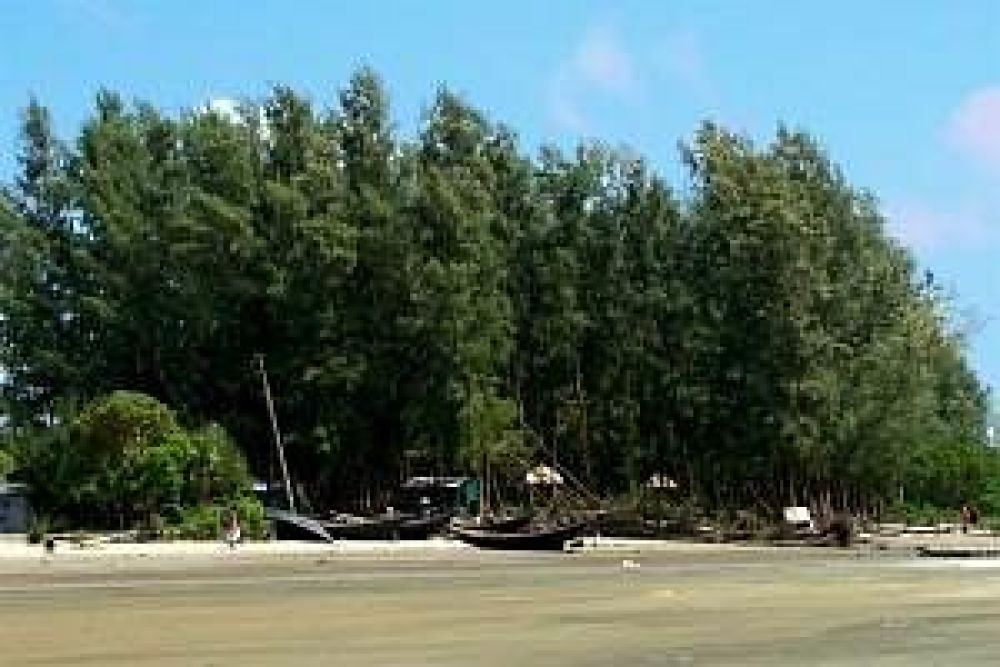

Kuakata, often referred to as the "Daughter of the Sea," is a unique beach destination located in the southern part of Bangladesh. It is well-known for its panoramic sea beach and as a place where visitors can witness both the sunrise and sunset from the same place. Kuakata is situated in the Patuakhali District and is part of the larger Sundarbans forest region, which is a UNESCO World Heritage Site.
The history of tourism in Kuakata can be traced back to the early 20th century when adventurous visitors started exploring the area for its pristine beauty and cultural diversity. The local Rakhine community, who migrated from Myanmar (then Burma) during the Arakanese kingdom, settled here and added to the cultural tapestry of Kuakata.
In the early 1980s, the government of Bangladesh began to recognize the potential of Kuakata as a tourist destination. Efforts were made to improve the infrastructural facilities, which included better roads, the establishment of local markets, and accommodations for tourists. With time, Kuakata started attracting local and international tourists who wanted to explore its untouched beauty.
Kuakata National Park as a tourist spot is relatively more recent compared to the beach itself, showcasing the area's wildlife, natural forests, and eco-tourism potential. The park has helped in conserving the natural habitat and biodiversity of the region, making Kuakata not just a beach destination but also a significant location for environmental enthusiasts.
With the increasing popularity of eco-tourism in the 21st century, Kuakata has seen a new wave of tourism trends focusing on sustainability and conservation. Tourists are drawn to experiences that include mangrove forests, the vast biodiversity of marine life, and bird watching opportunities.
The local government, along with several NGOs, has been working on conservation projects to protect the endangered species in the area and to promote responsible tourism practices among both visitors and locals.
Recent trends in Kuakata's tourism include the development of community-based tourism, allowing tourists to experience and participate in local culture and traditions. This involves staying with local families, enjoying traditional foods, and learning about the way of life and heritage of the Rakhine and other ethnic communities.
Moreover, adventure tourism has also become popular, with activities such as beach biking, fishing, and water sports. Festivals such as the Rash Mela and the Buddhist festival are significant attractions that draw large numbers of visitors to Kuakata annually.
While tourism is a vital sector for Kuakata’s economy, it also presents challenges including environmental degradation and cultural assimilation. Efforts are ongoing to combat these challenges with sustainable tourism initiatives and community engagement programs.
Looking ahead, Kuakata has the potential to establish itself as a prime example of a sustainable tourism model that respects and preserves its natural and cultural heritage. Efforts to expand eco-friendly tourism, improve visitor services, and integrate local communities will play a crucial role in shaping the future of tourism in Kuakata National Park.